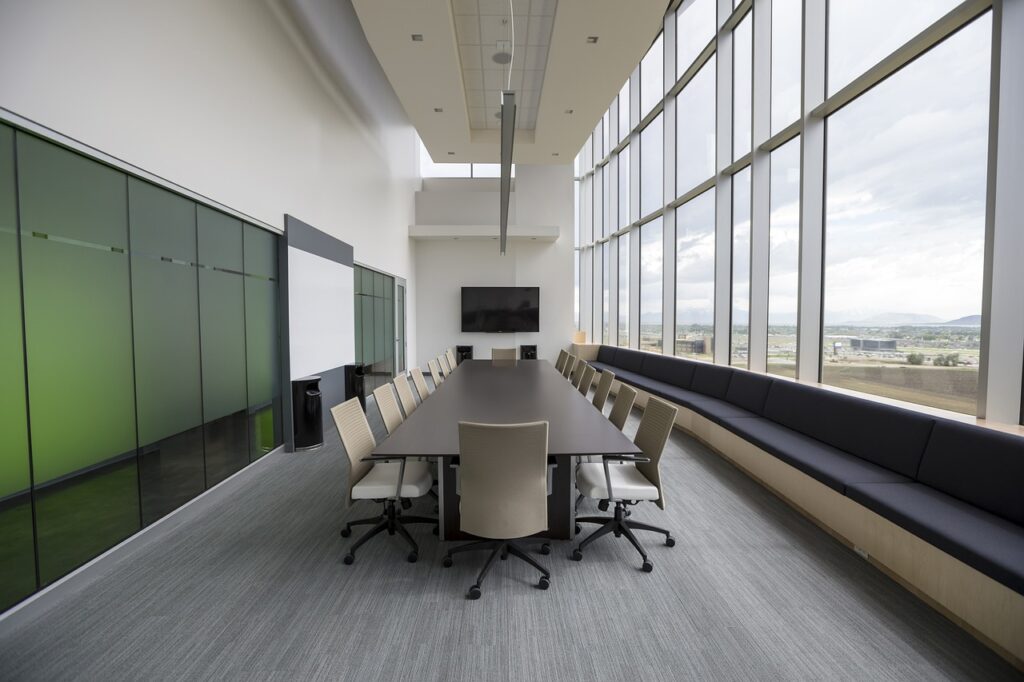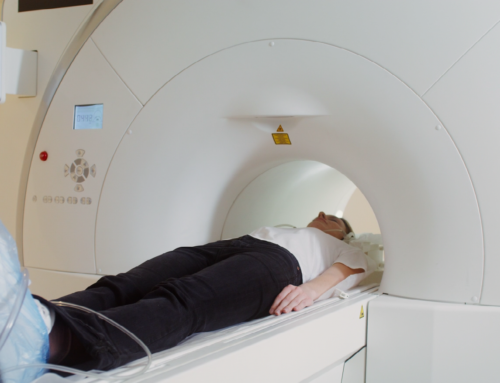
While courtroom dramas on television showcase intense legal battles, the truth of the matter is, many personal injury disputes find resolution outside the courtroom. Mediation, as an alternative dispute resolution (ADR) mechanism, is an increasingly popular and effective approach to settling disputes in Colorado. At Arckey & Associates, our commitment to individualized attention and deep expertise allows us to navigate the complexities of both trial and mediation. In this article, we offer a look at mediation, its advantages, and its application in personal injury cases.
Understanding Mediation
Mediation is a structured, interactive process where an impartial third party, known as the mediator, assists disputing parties in resolving their conflict through the use of specialized negotiation techniques. Rather than imposing a decision, the mediator’s role is to facilitate communication, promote understanding, and help the parties reach a mutually agreeable resolution.
The Evolution of Mediation
Historically, legal conflicts, including personal injury cases, were predominantly settled in courtrooms. However, the rise in case backlogs, the desire for privacy, and the flexibility of ADR mechanisms led to a surge in mediation’s popularity. In Colorado, the legal community has increasingly recognized the value of mediation in streamlining the resolution process, especially when both parties are willing to cooperate.
Why Choose Mediation? The Advantages Explored
- Autonomy and Control: One of mediation’s most significant benefits is the power it grants to the parties involved. They have a say in the outcome. Unlike a trial, where a jury decides the outcome, this allows parties to design solutions tailored to their unique circumstances.
- Cost and Time Efficiency: Trials can be long, drawn-out affairs, with the need to hire medical and accident reconstruction experts to testify. Mediation, by contrast, can often lead to faster resolutions, translating to savings in terms of both time and money.
- Confidentiality Maintained: Court proceedings are typically public, but mediations are private. This privacy ensures the details of the dispute, and its resolution remain confidential, providing peace of mind to the parties involved.
- Harmony and Relationship Preservation: The collaborative nature of mediation means it’s less confrontational than a court trial. This aspect often leads to better preservation of personal and business relationships.
- Flexible Solutions: Mediation offers a platform where unique solutions can emerge, ones that a court might not have the authority or scope to propose.
Determining the Suitability of Mediation
Despite its many advantages, mediation isn’t a one-size-fits-all solution. It’s most effective when:
- Both parties are open to dialogue and compromise.
- The nature of the dispute is such that a mutually agreeable solution is possible.
However, in situations where the parties remain unyielding, traditional litigation and trial may be a more appropriate avenue.
The Mediator: A Closer Look
A successful mediation often hinges on the skills of the mediator. This individual is typically someone with extensive training in mediation techniques, a deep understanding of the law, and, importantly, an impartial perspective. They foster a safe environment for discussion, guiding the parties toward consensus without exerting influence on the decision.
Conclusion
As the legal landscape evolves, so do the methods we employ to achieve justice. While trials have their place, the benefits of mediation are undeniable, especially in personal injury cases where emotions can run high, and the stakes are personal. At Arckey & Associates, we want to use every possible avenue, ensuring our clients are equipped with the best strategies, whether in the courtroom or in the mediation room.







Leave A Comment